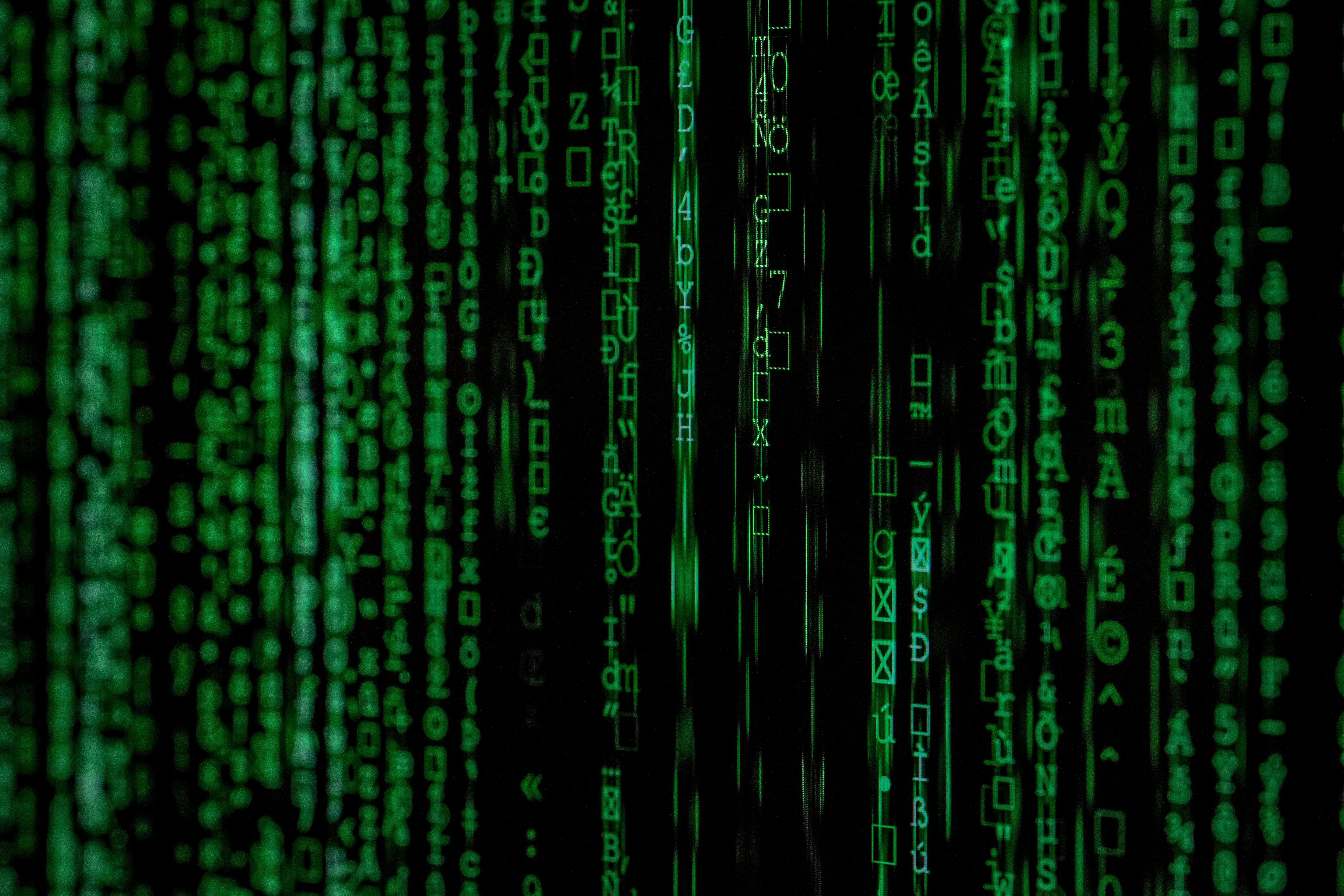.jpeg)
The Evolution of AI in Hiring: Why Augmented Intelligence Wins
As artificial intelligence transforms how we find and hire talent, recruiters face one crucial question: how do we ensure human judgment remains central to hiring decisions? While AI promises efficiency, the human elements of recruiting, which include understanding potential, assessing cultural alignment, and building relationships, remain essential.
The solution lies in augmented intelligence, where AI enhances rather than replaces recruiter expertise. This partnership combines technology's efficiency with human insight, creating a more effective hiring process.
AI vs. Augmented Intelligence
In talent acquisition, there's a significant difference between pure AI and augmented intelligence. Both are changing recruiting, but they do it differently.
Artificial Intelligence (AI) refers to systems that work independently by learning from data. In recruiting, AI handles tasks like sorting resumes, evaluating candidates, and scheduling interviews. While AI excels at automating these processes, it can miss the nuanced aspects of candidate evaluation that experienced recruiters catch.
Augmented Intelligence works alongside recruiters. It uses AI to help talent professionals make better decisions. By combining AI's processing power with recruiter expertise, it helps focus on the aspects of hiring that need personal judgment, like understanding candidate potential and organizational fit.
The Current State of AI in Hiring
AI in recruiting continues to evolve. Around 87% of companies now use AI in their recruiting process, leveraging its ability to handle routine tasks while allowing recruiters to focus on strategic candidate engagement. Here's how:
- Resume screening: AI quickly evaluates resumes, identifying qualified candidates based on experience and skills.
- Candidate communication: Automated systems manage routine correspondence and interview scheduling, ensuring timely responses.
- Initial assessments: AI-powered tools help evaluate candidate qualifications, streamlining early-stage screening.
These functions make preliminary candidate evaluation more efficient. However, AI alone can't replicate the depth of understanding that comes from recruiter expertise.
Where Humans Make the Difference
While AI excels at processing information quickly, recruiters bring crucial elements to hiring decisions. Humans provide insight and understanding that AI can't simply replicate. Here are some instances:
- Recruiters can spot promising candidates who might not perfectly match standard criteria but show exceptional potential.
- Only humans can truly assess how well candidates will integrate with existing teams and company culture.
- Recruiters create genuine connections with candidates, ensuring they feel valued throughout the process.
Augmented Intelligence—A Balanced Approach
The future of recruiting lies in combining AI efficiency with recruiter expertise. Augmented intelligence lets technology handle data-heavy tasks while recruiters focus on relationship-building and strategic decision-making.
Here's how they both can work together:
- AI manages processes: Technology handles routine tasks efficiently, freeing up recruiter time for meaningful candidate interaction.
- Recruiters lead decisions: Once AI narrows the candidate pool, recruiters evaluate potential and fit.
- Combined insight: AI provides data-backed recommendations while recruiters apply their expertise to make final decisions.
The Future Vision: Enhanced Collaboration Between AI and Humans
The global market for augmented intelligence was valued at $11.73 billion in 2020 and is projected to reach $121.57 billion by 2030. This growth reflects an increasing demand for solutions incorporating AI's immense abilities.
Looking ahead, augmented intelligence will redefine how organizations approach recruiting. Rather than replacing recruiters, it will enhance their capabilities, allowing them to focus on evaluating candidate potential and fit within the organization.
In the words of Dakota Younger, founder and CEO of Boon: "The rise of augmented intelligence in hiring will be massive... it's about enhancing AI with people, not relying solely on one or the other." The future of hiring technology lies in creating a balanced partnership between AI and human recruiters rather than relying exclusively on one or the other.
By embracing this future, organizations can preserve the human elements of recruiting.
Practical Steps for Implementing Augmented Intelligence in Hiring
As you explore augmented intelligence for your recruiting process, here are steps to begin:
- Start with core tasks: Begin using AI tools for resume screening and interview scheduling. This frees up your recruiting team for more strategic work.
- Keep recruiters central: As AI helps narrow your candidate pool, ensure recruiters drive final evaluations, especially for assessing potential and organizational fit.
- Focus on inclusive hiring: Use AI tools to help identify bias in job descriptions and candidate evaluations, supporting fair and inclusive recruiting practices.
- Develop your team: Help your recruiters understand how to work effectively with AI tools, combining technology insights with their expertise.
Embrace the Future of Hiring with Augmented Intelligence
The future of recruiting centers on collaboration. Augmented intelligence combines AI's capabilities with recruiter expertise to create a more efficient hiring process. AI handles time-consuming tasks, while recruiters focus on elements like candidate potential and organizational fit.
By implementing augmented intelligence, organizations enhance their recruiting decisions, building stronger, more diverse teams. Embracing augmented intelligence empowers your recruiting process, allowing you to attract top talent and make impactful decisions that shape your organization's future.


The Security Paradox: Why Over-Engineered HR Controls Create the Compliance Risks They're Designed to Prevent

